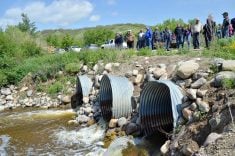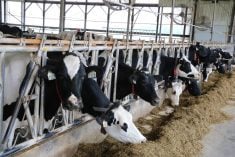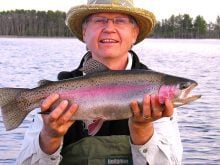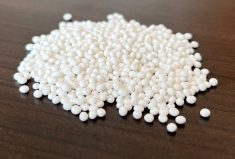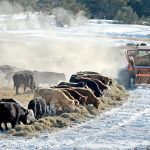An abundance of water has made Canadians “water hogs” and cultural change will be needed if citizens are to become more efficient in a warmer, dryer climate, experts say.
“Canada has an embarrassment of riches when it comes to sources of fresh water, and water is provided at a very low cost to households and businesses,” said Nicola Crawhall, CEO of the Canadian Water Network. “There’s an incentive to over consume.”
Why it matters: Manitoba had its own brush with low water supply in 2021, when drought impacted availability for spraying, livestock, irrigation and human consumption.
Read Also
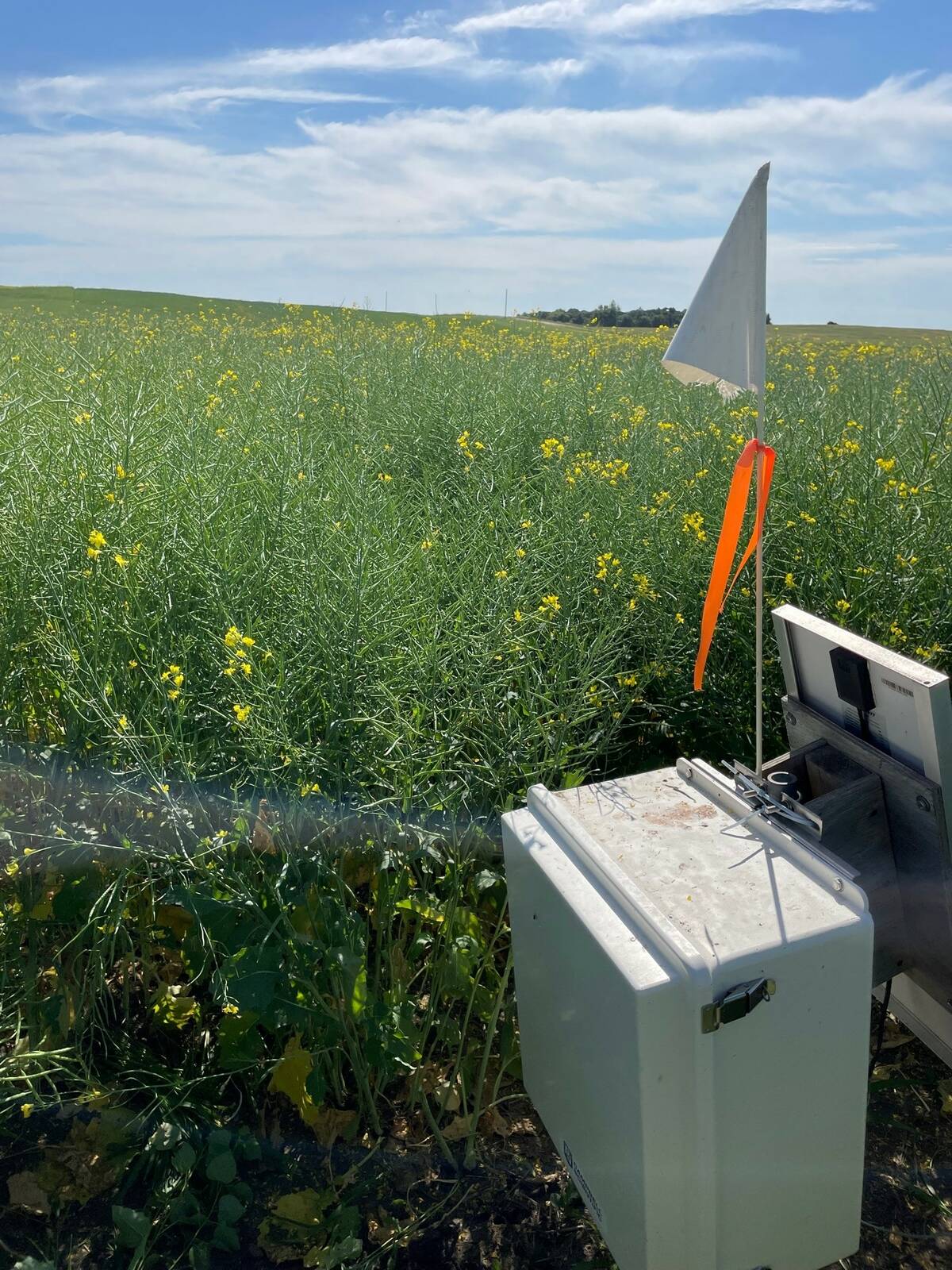
Where’s the water? RISMA knows
National soil moisture sensor network gives real-time data for Manitoba farmers fighting more frequent drought or flood.
Crawhall spoke alongside other water researchers and leaders during a March 22 online panel discussion hosted by the Canadian Agri-Food Policy Institute to recognize World Water Day.
Canadians consume about 60,000 Olympic-sized swimming pools of water daily, Crawhall said. Per capita, this country is second only to the United States, and consumes twice as much as most Europeans.
Canada is behind on methods to use water efficiently, as there’s little regulatory incentive to economize, said Crawhall.
“We’re not feeling the effects of that because (we) have a lot of water,” she said.
That’s not to say no one feels those effects.
Nicolas Mesly, a journalist and researcher with CAPI, said tensions over water are cropping up among Quebec farmers.
In 2021, for example, drought hit the fertile region along the St. Lawrence River. A potato farmer Mesly spoke with needed to irrigate his crops, but tensions arose because the river that supplied his water also supplied a conservation area near the farm. He and other farmers worried the protected area would get priority.
Mesly called this the first conflict over water in Quebec. A solution, he said, would be to pipe water from the St. Lawrence River. But who would pay?
Water for potatoes has also become an issue in Manitoba. The Keystone Potato Producers Association has complained that water licences for irrigation are in short supply. The sector also hit a road bump in 2021, when spring run-off failed to recharge many reservoirs that potato producers relied on.
The association is now working with the University of Manitoba to study recharge in the Assiniboine Delta Aquifer, in hopes that more water licences can be allocated.
March 22 speakers challenged the perception that water is always abundant in Canada, particularly in the context of climate change, which is predicted to cause more droughts interspersed with heavy precipitation events.
Water may need to be worth more, Mesly said. He argued that the price of water and electricity, often generated with water, need to be part of social debate.
Canadian water is often treated to a high standard, Crawhall said.
“Literally the water that is possible to drink is also used to clean streets,” she noted. “Why?”
Rethinking water, like maximizing re-use by applying a “fit for purpose” lens, could also help increase resilience, she said.
Crawhall also called for more attention to the value of natural infrastructure, which can hold moisture on the landscape.




